Contact Us
HOURS
May-September
Mon–Thurs: 9:00am – 5:00pm
Fri: 9:00am – 3:00pm
October-April
Mon–Thurs: 8:00am – 4:00pm
Fri: 8:00am – 2:00pm
LOCATION
4170 N. Bearsdale Rd.
Decatur, IL 62526
PHONE
217-875-2722
What We Do
The District is committed to using science based Integrated Pest Management (IPM) practices to monitor vector populations and disease presence through surveillance, targeted product applications and source reduction through inspection and vector education for our residents through community outreach. These components create the foundation of the District’s comprehensive vector control program.
Surveillance
SURVEILLANCE
Larval Control
LARVAL CONTROL
Adult Mosquito Control
ADULT MOSQUITO CONTROL
Articles & Updates
Educating the public about the life-cycle of mosquitoes and the role they play as potential vectors is a critical component of how we protect our residents. Often times, mosquito breeding sites are cryptic and difficult to spot, even by seasoned professionals. When equipped with the right information, residents become great assets in helping to manage mosquito populations within their own communities by eliminating breeding sites and educating their neighbors.
Homeowner Tips
Mosquito control can often be a community effort. Residents are encouraged to look after their own property and remove standing water, especially after a rain event. The best way to eliminate mosquitoes is to get rid of their breeding habitats.
Mosquito-Borne Diseases in Illinois
Mosquitoes Transmit Diseases in Illinois The most immediate danger from mosquitoes in central Illinois is West Nile virus. It’s not just an inconvenience, it can be debilitating or fatal. West Nile virus (WNV) was first discovered in the United
Importance of Mosquito Control
Throughout history, no insect has been a more significant contributor to human disease, discomfort and death than the mosquito. Mosquitoes are a serious threat to human health and comfort ranging from the transmission of arboviruses, like West Nile virus, to


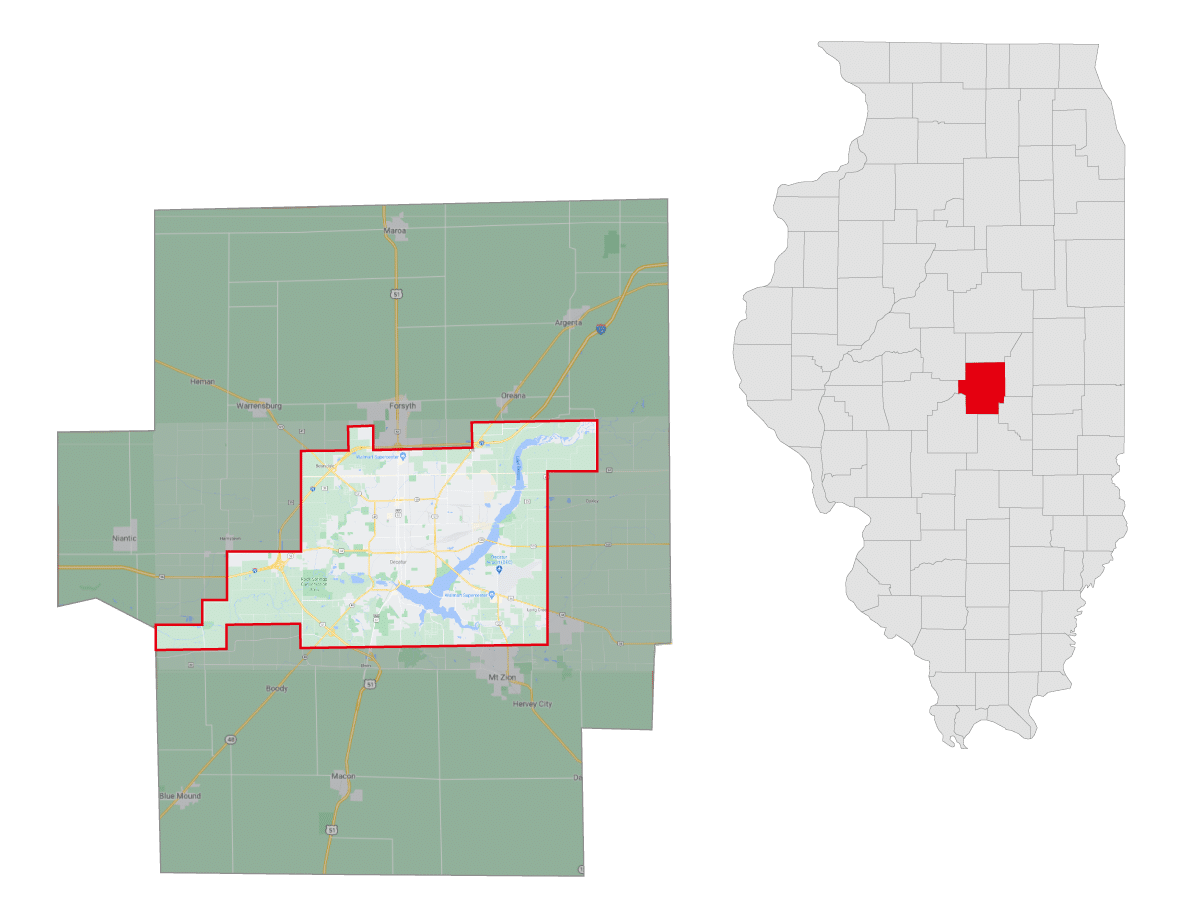

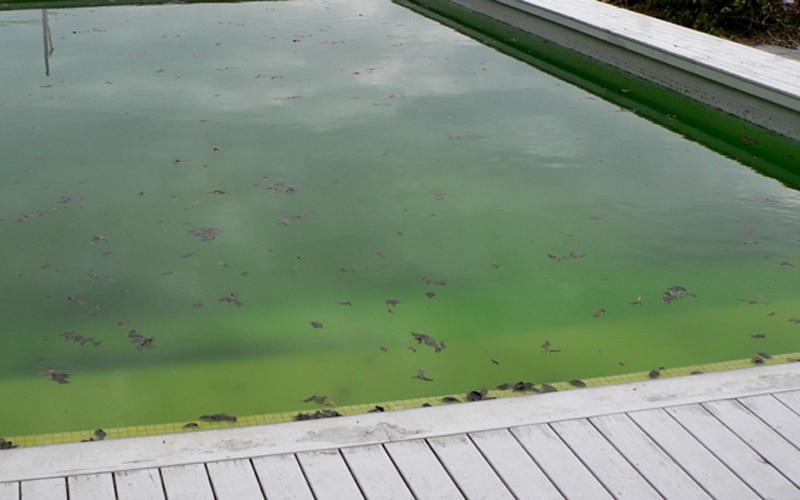
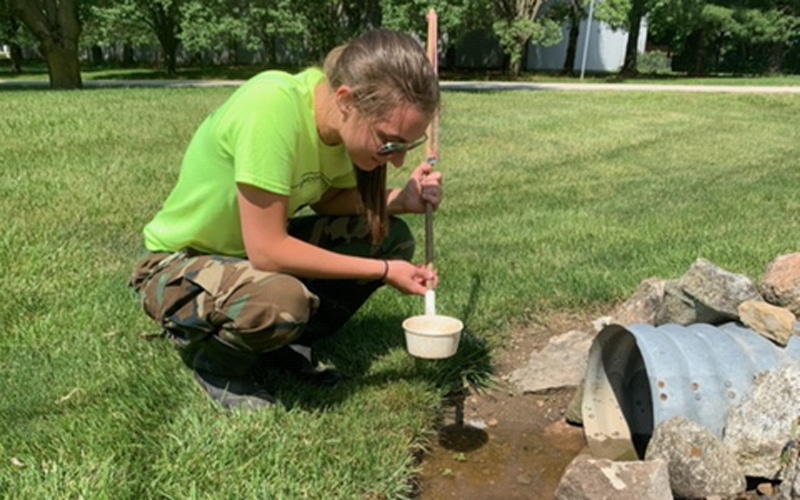
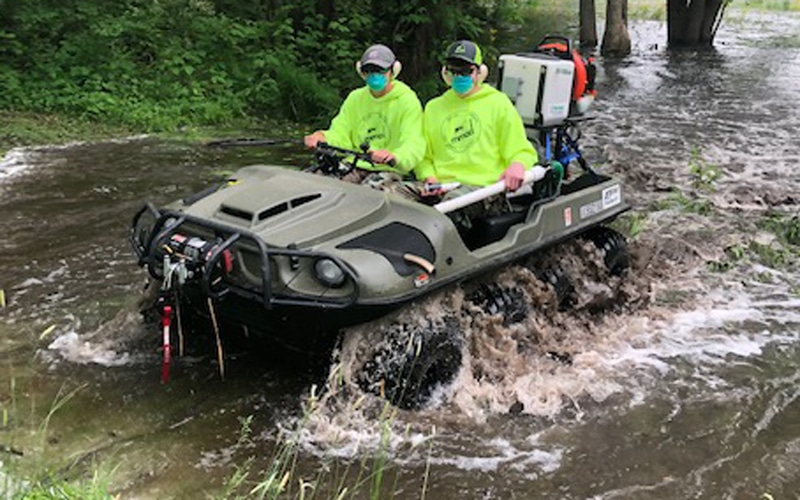
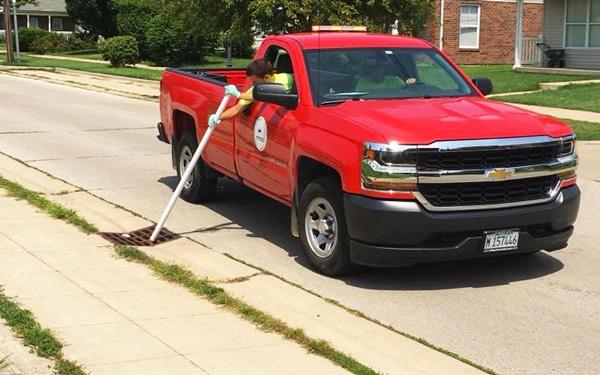

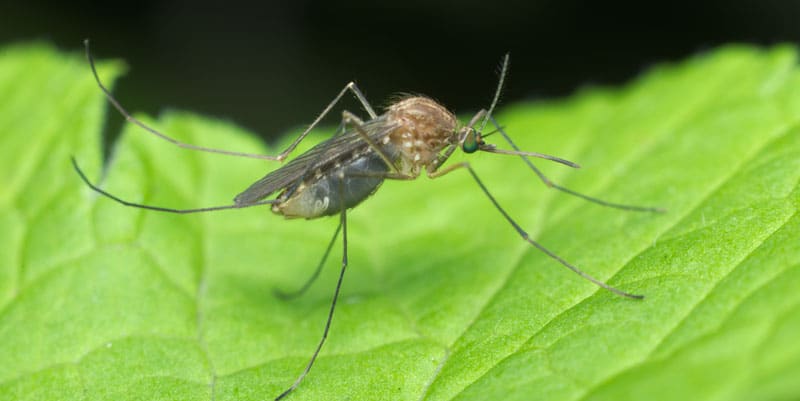
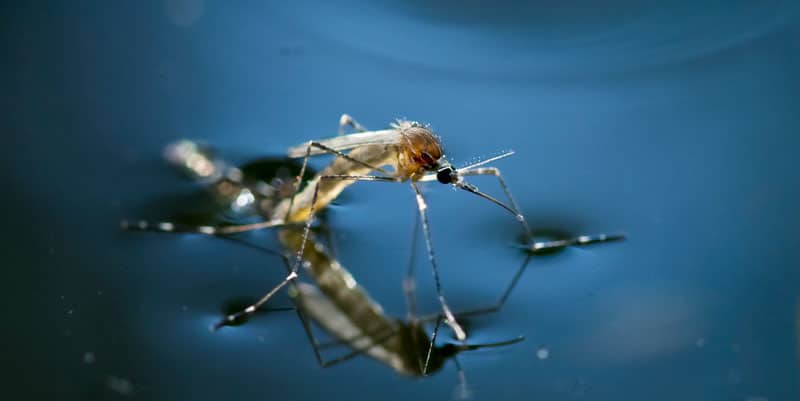
0 CommentsComment on Facebook